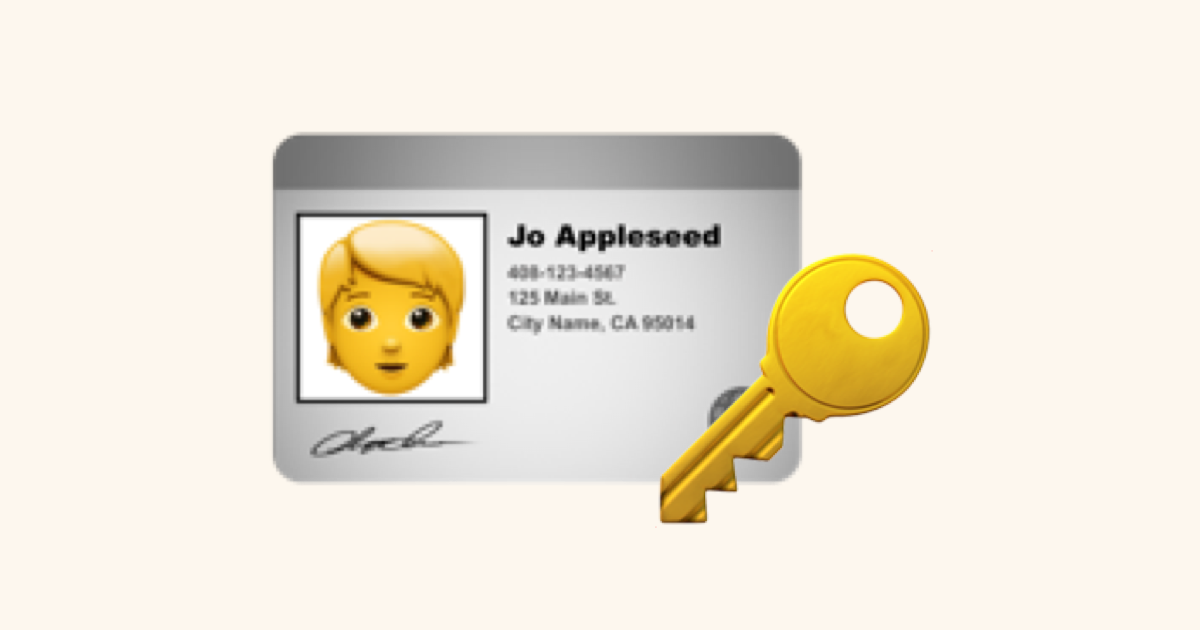
Account abstraction uses the token standard ERC-4337 to make Ethereum more user-friendly by:
Account abstraction uses Ethereum's ERC-4337 standard to give you more control, flexibility, and security when using crypto wallets. It separates the control of your funds from the logic that executes smart contract functions. In simpler terms, it lets you use smart contracts without giving up full control of your wallet.
Normally, when you send crypto from your wallet to someone else, the transaction gets recorded on the blockchain and the other person receives the funds. But if you interact with a smart contract—like when you use a decentralized exchange—you’re temporarily giving that contract control over your funds. This can be risky. If you don’t understand what that smart contract is programmed to do, attackers can exploit this and steal your funds.
That’s where account abstraction helps. It improves security, simplifies wallet design, and lets you do more with less hassle. With a smart contract wallet, you can automate actions, create custom rules, and recover lost access—things that traditional wallets can’t easily offer.
Account abstraction also allows you to set up seedless wallets. Instead of storing long phrases, you can secure your wallet with familiar methods like two-factor authentication or biometrics.
Ethereum has two main types of accounts:
Externally Owned Accounts (EOAs) are controlled by you through cryptographic key pairs. These accounts can send and receive ETH and interact with smart contracts, but their functionality is limited. Examples of EOAs are traditional crypto wallets like MetaMask that rely entirely on private keys for control.
Contract Accounts, on the other hand, are powered by smart contract code deployed on the blockchain. These accounts can also store and transfer ETH or tokens, but their main strength lies in programmable behavior. They don’t have private keys but execute actions based on received instructions.
EOAs (traditional crypto wallets) aren’t designed for mass adoption. Managing private keys is tricky, and if you lose your keys, your funds are gone for good.
Account abstraction helps overcome this by removing the need to store seed phrases or private keys for every action. It also enables features like spending limits, recurring payments, and more advanced permissions. Instead of worrying about keys and manual gas fees, you can interact with dApps the same way you use mobile apps.
By making wallets more intuitive and less risky, ERC-4337 opens the door for millions who might otherwise be too overwhelmed to join Web3.